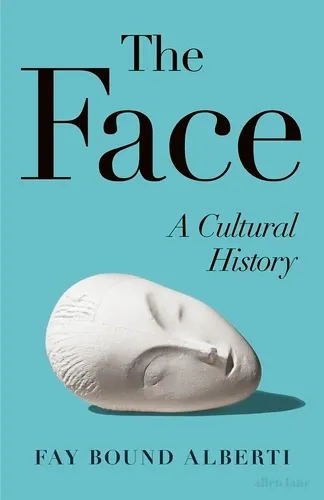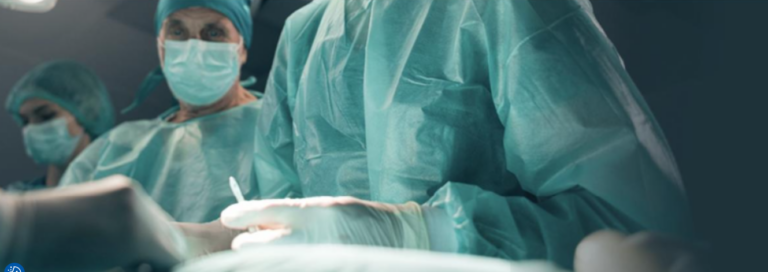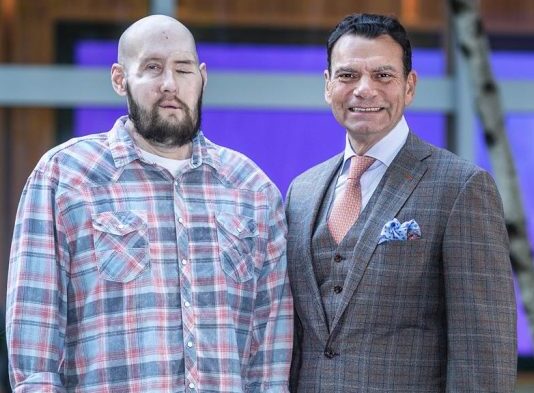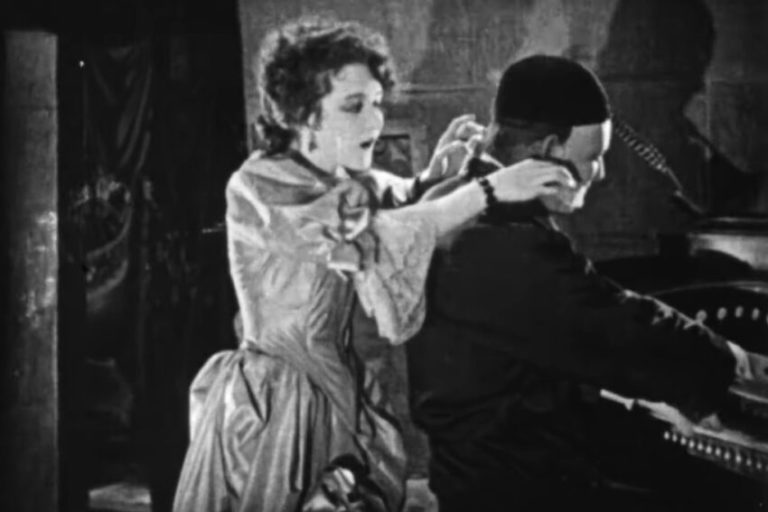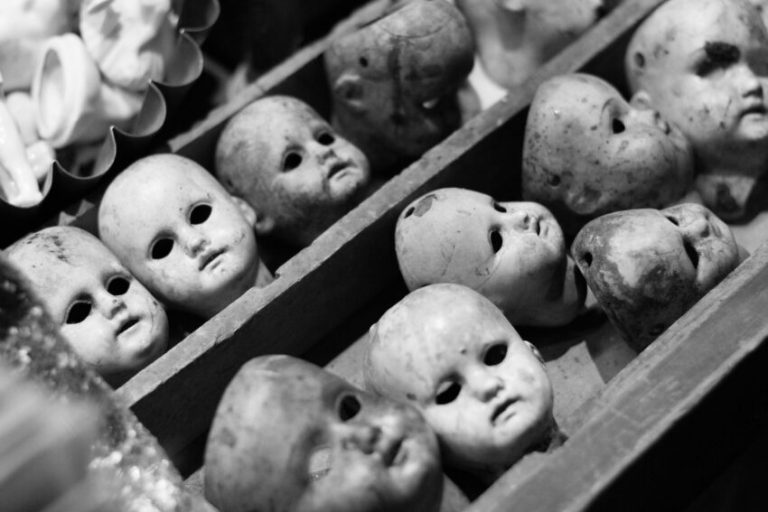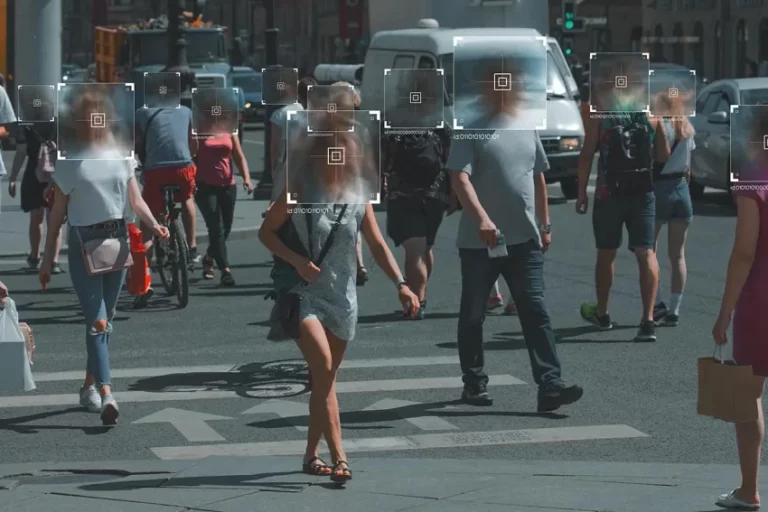Transplants
Face transplants are not the preserve of science fiction. Nearly 50 face transplants have taken place around the world since 2005. Face transplants have physical and emotional effects on patients and their families, on surgical teams and on society. Interface explores these effects in history, and in the present, working with world-leading surgical teams, patients and families, institutions and policy makers to show how an arts and humanities approach can enrich scientific and cultural understandings of face transplants as an experimental, innovative form of organ transplantation.
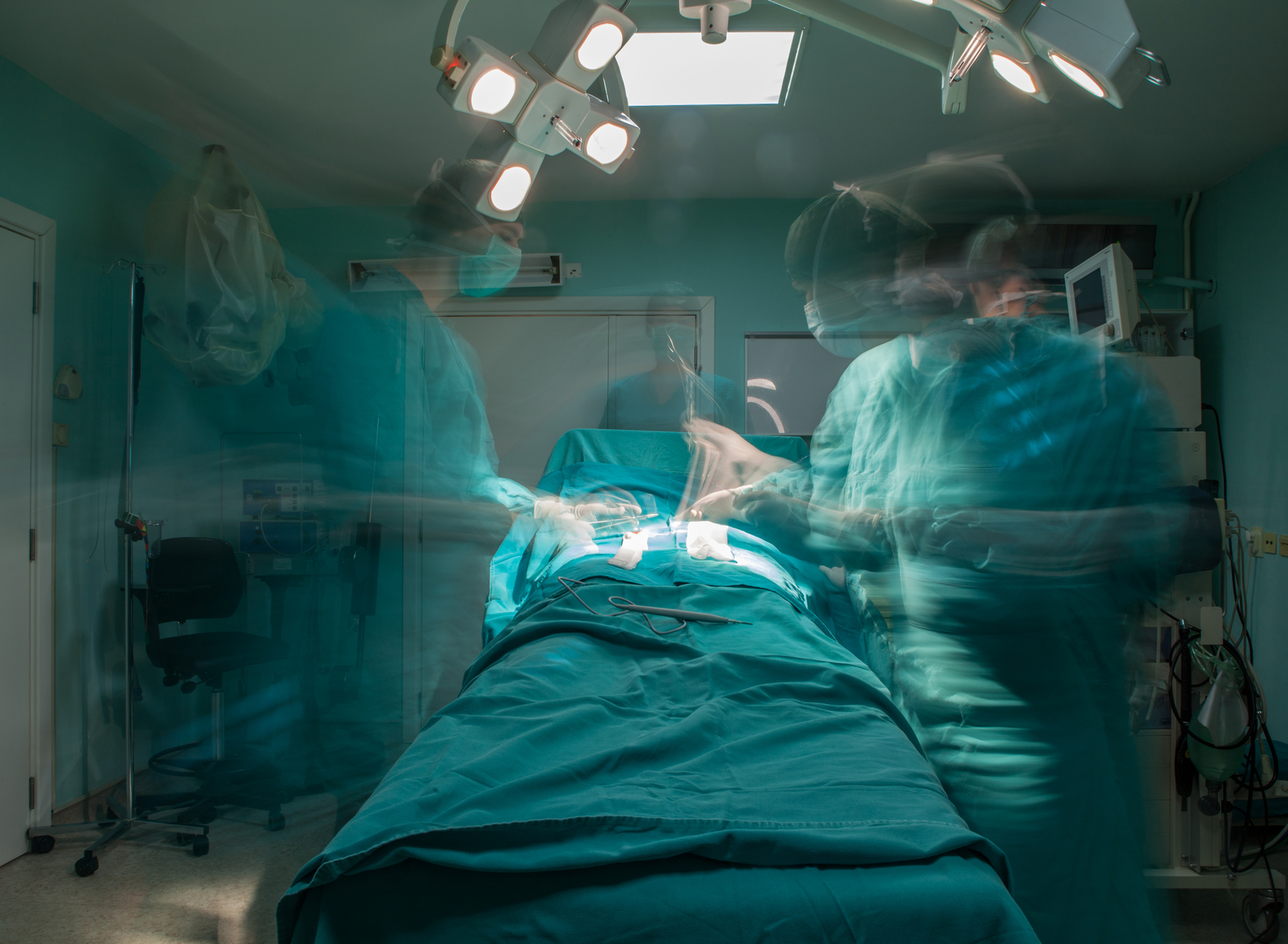
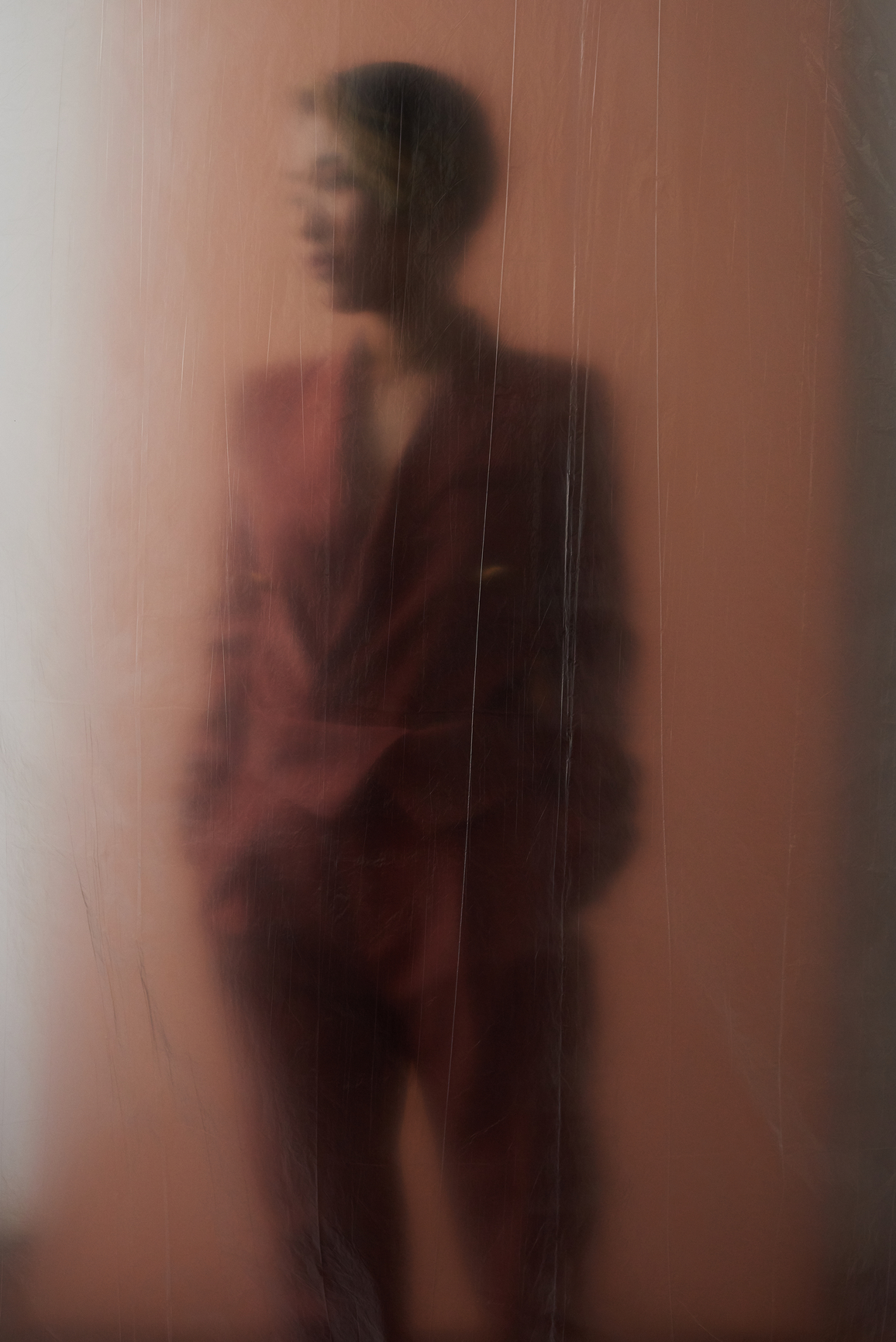
Patients and families
The experiences of potential and actual face transplant patients are central to Interface research. We work with people undergoing a wide range of facial surgery, as well as their families.
Interface collaborated with 9 surgical teams around the world to produce a guide to best practice that is historically informed, and patient centred
Media and representation
Media coverage of facial surgery and transplants can be sensational or hurtful. From films like Face/Off – in which transplants are a kind of “Frankenstein science” – to the casual representation of people with scarring and facial difference as Hollywood “baddies”, social attitudes can impact negatively on the experience of patients. We work with charities, patients and surgical teams to advocate for better social understanding of face transplants and more respectful language around the experience of facial difference.


